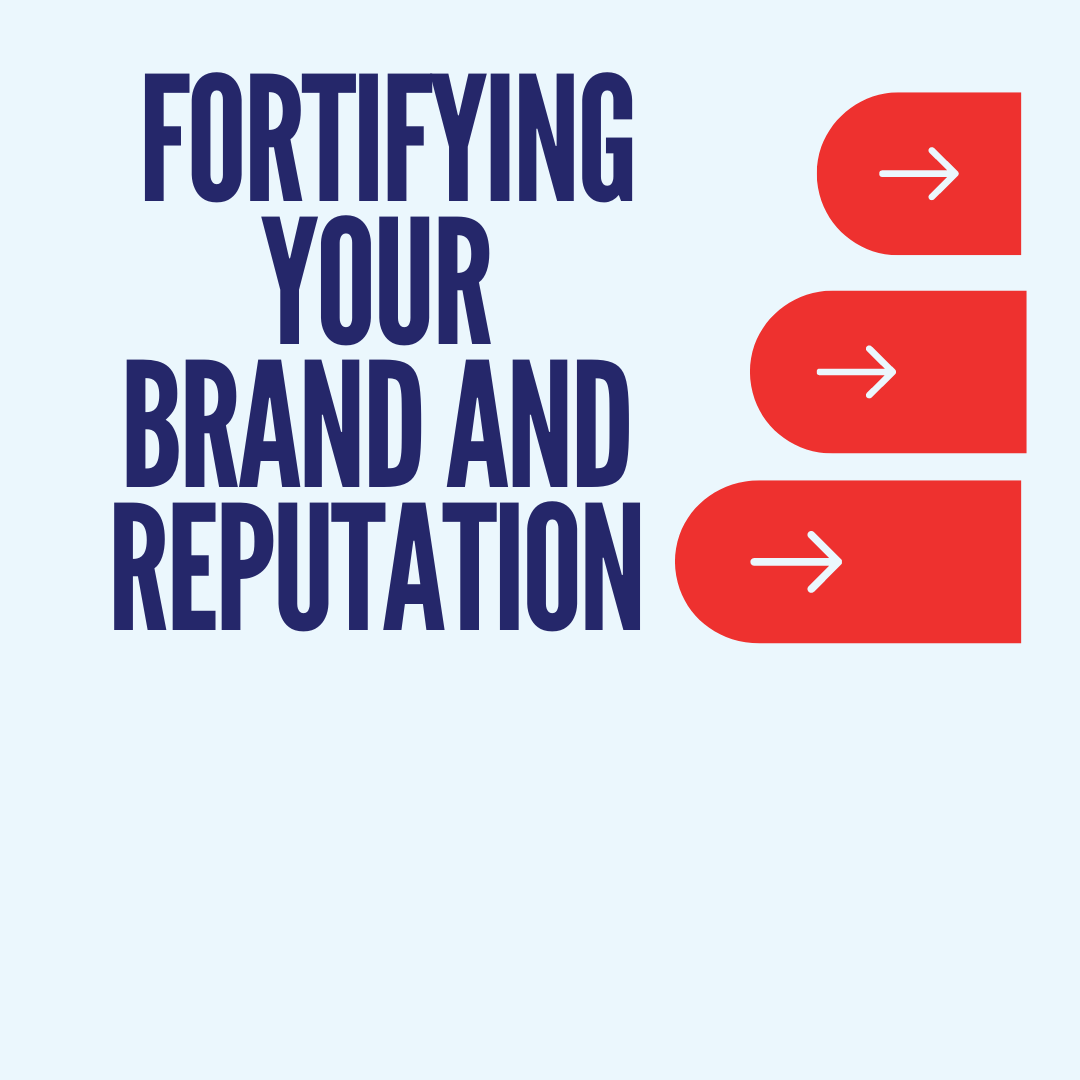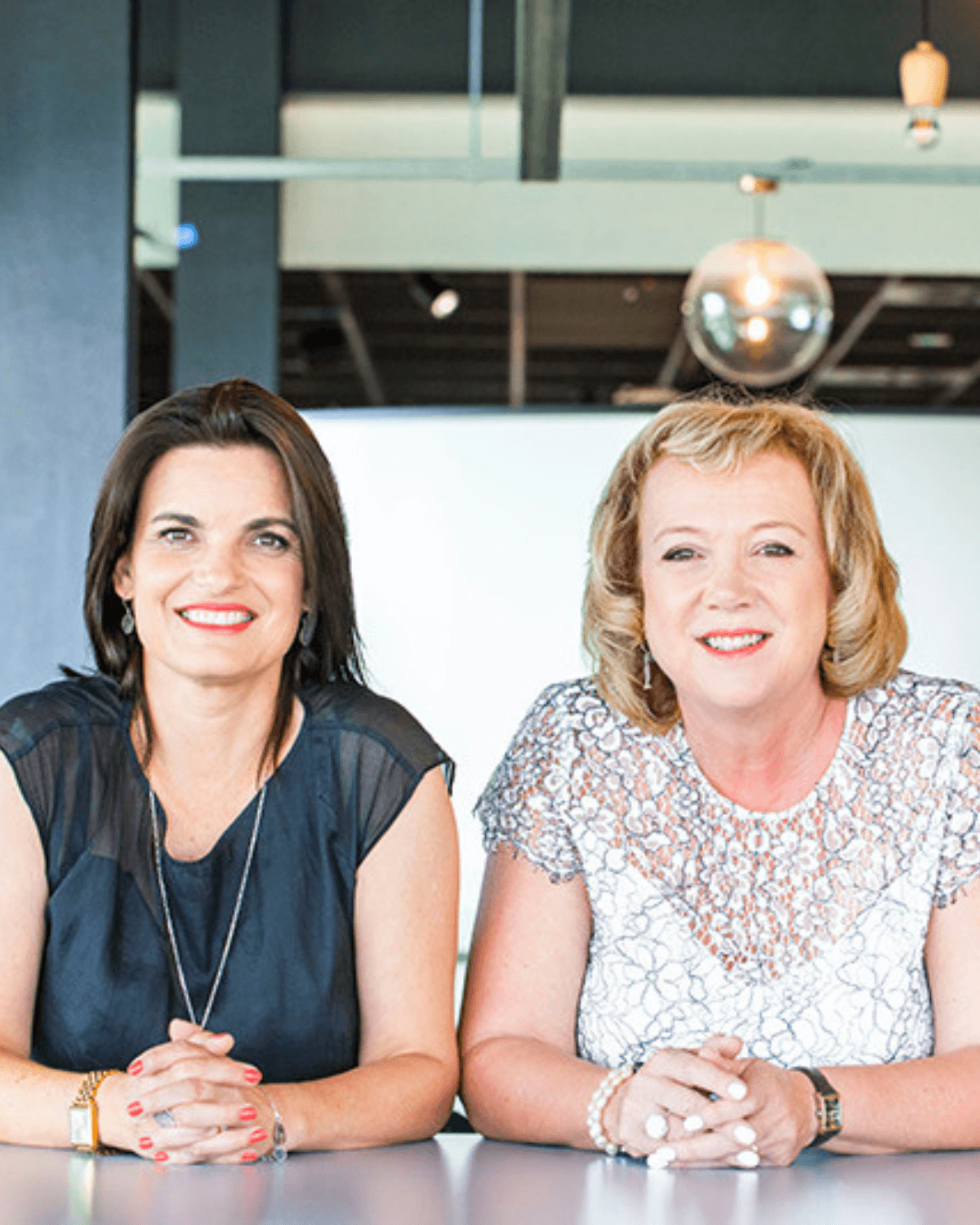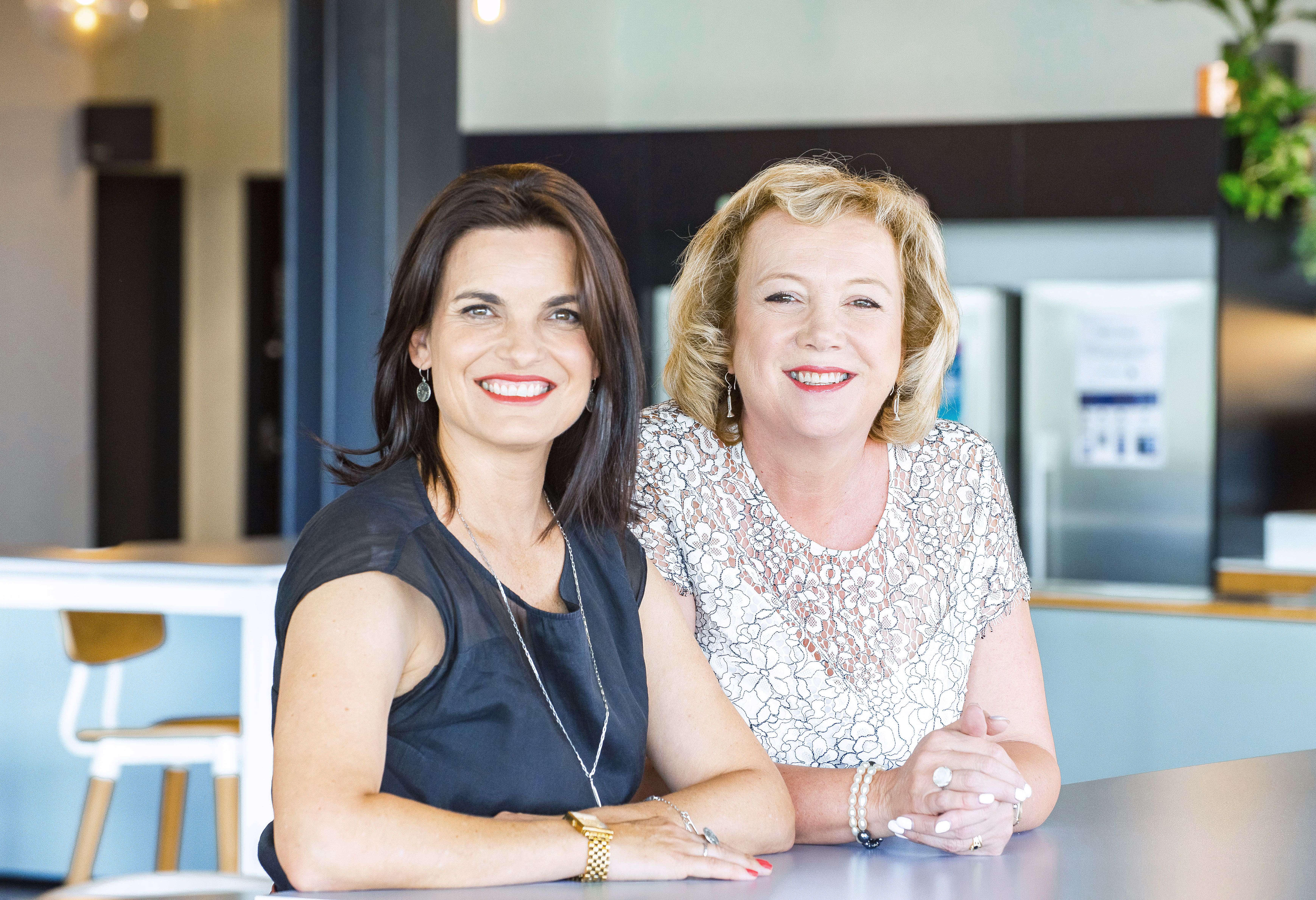A study[1] of more than 1000 New Zealanders has implications for the reputations of organisations currently assessing how, where and when their employees should be working, and for attracting new employees.
The study, commissioned by communications agency Anthem and undertaken by Talbot Mills research, revealed 78% of respondents could not name any companies that they admire for their commitment to flexible/remote working policies. With 46% of Kiwis in paid employment considering it extremely important to have the choice to work from home when seeking a new job, Anthem’s Co-Founder and Executive Chair, Jane Sweeney says organisations are missing an opportunity.
“In this war for talent we are in the midst of, our business community needs to be telling the story of how post-pandemic, emerging flexible and remote working options make companies and organisations desirable places to work. They need to jump on the very real reputational and employee value proposition opportunities arising from flexible and remote working policies they offer to their staff, and how they engage their staff in developing these policies.”
The study found that a significant majority think that employers should adapt their business models to enable more remote working, but that it is also fair for employers to expect employees to turn up at the workplace for specific activities. 52% of Kiwis think it is fair for employers to put considerable pressure on employees to return to the office workspaces.
The survey found that Kiwis were split on their perceptions of remote and office working, with 27% thinking people are more productive working from home, while 30% think people are less productive and 31% think about the same. Conversely, employers were seen to trust their staff to be as productive at home as they are from an office by 79% of the respondents.
Anthem and Talbot Mills socialised the research with a few companies and organisations and feedback revealed employers need to focus on staff wellbeing as well as productivity when considering their flexible and remote working policies. Agreeing measures for productivity was seen as critical, beyond purely measuring time on the job.
In assessing what makes a good place to work, the highest rated factors included ensuring managers are trained to help employees get the best out of flexible working (76%); providing clear policies and procedures for effective remote working (74%); measuring the results people achieve as opposed to numbers of hours worked to assess productivity (73%); and seeking staff input into designing flexible working policies (72%). Allowing people to work fully remotely was generally considered less meaningful, with only 51% of respondents stating this would be a swaying factor in a new role.
The research is part of a regular research series, Fair Enough?, examining topical issues and reputation through a fairness lens. The series aims to examine key reputational risks at play and how stakeholders are responding.
With finding a ‘new normal’ of working post-Covid top of the agenda for many New Zealand businesses, Sweeney explains: “Fairness has become the currency by which reputations are won or lost. When developing an employee value proposition and seeking to attract the best talent, how you consult, adapt, and communicate your position and policies greatly impacts a potential employee’s perception of your organisation.”
There was general agreement from corporate leaders and workplace wellbeing experts with whom the research had been socialised that there is no ‘one-size’ fits all approach to implementing flexible working policies. Rather, employers should aim to strike a balance between empowering staff and teams to work in the ways that suit them, while also maintaining structures that unite a team. There was a need to think about the fact organisations are running communities of individuals, and there is not one practice that will work for all parties. They felt that many companies are feeling their way, trialling new approaches, taking on staff feedback and morphing policies into a business-as-usual approach.
Dr Dougal Sutherland, Chief Executive of Umbrella Wellbeing explains, “We almost fell into remote working during the pandemic, and organisations are still identifying ways that it works well.
Managers are grappling with how to monitor wellbeing when working from home, and maintain team unity when some members cannot have flexibility within their role.”
“What underpins everything when we talk about flexible working is giving people the time to do what is important to them,” says Andrew Barnes, Founder of Perpetual Guardian, 4 Day Week Global, the 4 Day Week Foundation, and an author on the subject. “In deciding and implementing flexible working policies, managers should aim to give every staff member the opportunity to be their best at work, and at home.”
Chief Executive of Yellow New Zealand, Tracey Taylor says that “Organisations must be strategic about remote and flexible working. It can’t be something that sits to the side of a business strategy – it is a significant tool in an organisation’s people and culture toolkit.”
Talbot Mills Research Managing Director, David Talbot, concludes that “It’s clear that Kiwis consider a balance between remote and in-office working a deciding factor in finding their best place to work. To ensure employees trust their companies and feel valued and understood, consideration of employee’s collective and individual needs is essential to improve reputation.”
[1] The survey was conducted by Talbot Mills Research using a nationwide online nationally representative sample of n=1179 between the 21st and 31st of October 2022. The maximum margin of error for a 50 per cent figure at the 95 per cent confidence level is +/- 2.7 per cent.
Ready to chat?
Get in touch with our expert team today and find out how we can help
Contact us









